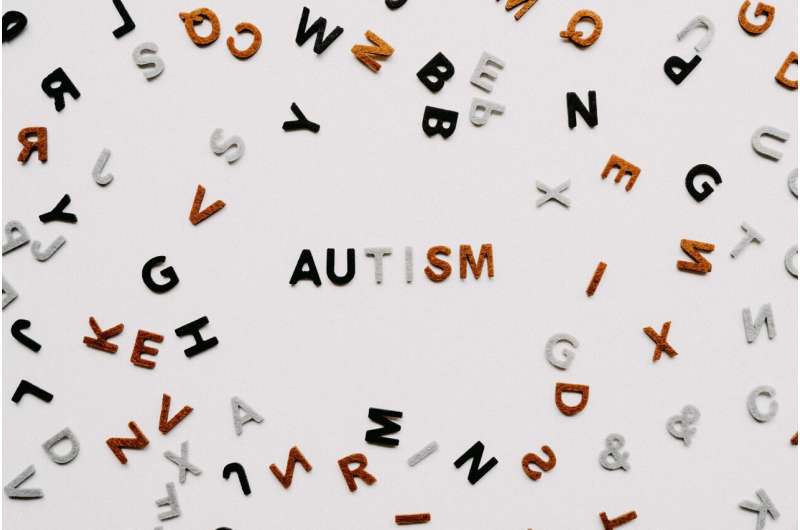Advancements in Seizure Localization Using ChatGPT Enhance Neurosurgical Precision

Innovative use of ChatGPT enhances the accuracy of identifying seizure origins in the brain, supporting neurosurgeons and improving epilepsy surgical outcomes.
Epilepsy remains one of the most prevalent neurological disorders worldwide, impacting over 70 million individuals, including approximately 3.4 million in the United States. While medications manage many cases, about one-third of patients do not respond effectively, making surgical intervention a crucial alternative. Surgical removal of the epileptogenic zone (EZ), a brain area where seizures originate, can lead to seizure freedom, significantly improving quality of life.
Despite its potential, the success rate of resective epilepsy surgery currently hovers around 50% to 60%, largely due to challenges in accurately identifying the EZs. The process involves comprehensive testing such as MRI scans, electroencephalography (EEG), and intracranial EEG recordings. Clinicians interpret seizure semiology—the detailed description of seizure symptoms and behaviors—to estimate EZ locations. However, inconsistent terminology across different epilepsy centers complicates this interpretation.
Feng Liu, an Assistant Professor at Stevens Institute of Technology, highlights that varying descriptions like 'asymmetric posturing' and 'asymmetric tonic activity' can refer to the same phenomena, yet different centers may use different terms, leading to inconsistencies. To address this, researchers are exploring the use of large language models like ChatGPT, which are trained on vast datasets of public records, as a tool to standardize and improve the interpretation of seizure semiology.
A recent study evaluated ChatGPT’s capacity to assist in localizing EZs by analyzing descriptions of seizure symptoms. The research involved five board-certified epileptologists who completed a survey with 100 questions attempting to identify EZ locations based on textual descriptions. The same task was performed by ChatGPT, and its responses were compared with the experts’ assessments.
Results indicated that ChatGPT successfully identified regions where EZs are commonly found, such as the frontal and temporal lobes, often matching or surpassing the performance of experienced epileptologists. However, human specialists demonstrated higher accuracy in less common areas like the insula and cingulate cortex. These findings, which were published in the Journal of Medical Internet Research, demonstrate the AI’s potential as a supportive tool in pre-surgical planning.
To further enhance AI assistance, the team developed an AI model called EpiSemoLLM, tailored specifically for seizure semiology interpretation. Hosted on Stevens’ GPU server, this platform aims to assist neurosurgeons and epileptologists during the presurgical evaluation phase. Liu emphasizes that a collaborative approach, combining human expertise and AI capabilities, could significantly improve surgical outcomes for epilepsy patients.
Overall, integrating large language models into clinical workflows offers promising advancements in the precision of EZ localization, ultimately aiming to increase the success rates of surgical interventions and patient outcomes.
Stay Updated with Mia's Feed
Get the latest health & wellness insights delivered straight to your inbox.
Related Articles
Trump's Remarks on Tylenol and Autism Risk Spark Scientific Debate
Recent statements by Donald Trump linking Tylenol to autism risk have sparked controversy, with medical experts warning of misinformation and public health risks. Learn about the ongoing debate and scientific perspectives.
Salmonella Outbreak Linked to Cucumbers Across 18 U.S. States
An ongoing salmonella outbreak linked to contaminated cucumbers from Florida has affected dozens across 18 U.S. states, prompting recalls and public health warnings.
Genetic Inheritance May Predict Resistance to Immunotherapy in Advanced Skin Cancer
New research identifies a mitochondrial DNA mutation that predicts resistance to immunotherapy in patients with advanced melanoma, paving the way for personalized cancer treatments.



